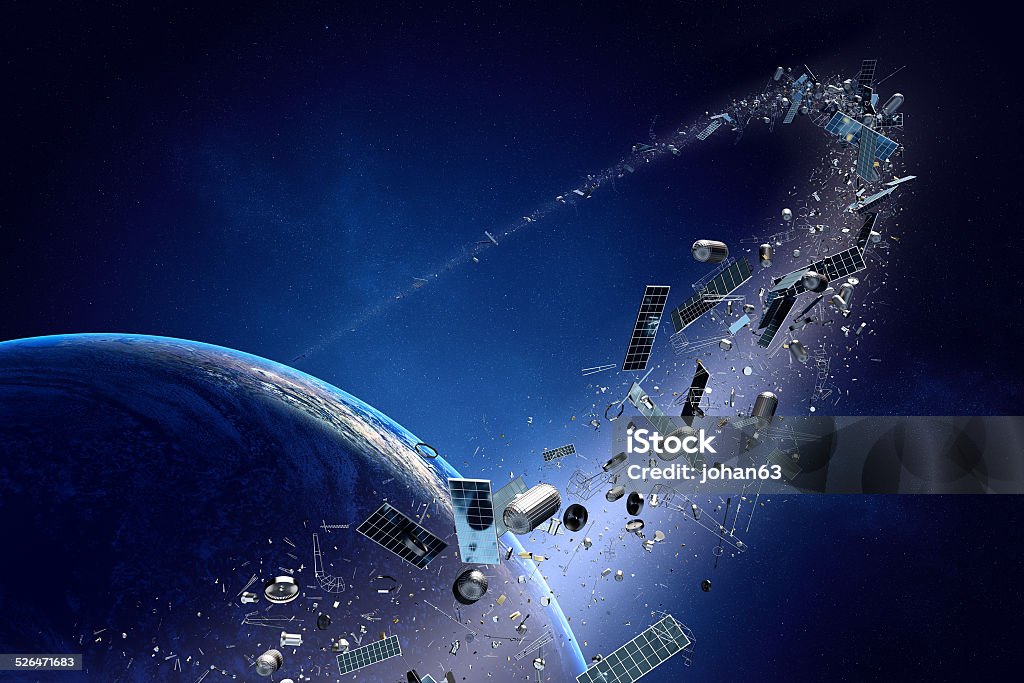Sukhmani Kooner, Pune
Japan has been a torchbearer of technological advancements for decades now. Be it automotive engines, video games, television display technology, or space research and technology, the island country has made significant contributions to global innovations. Japan was the fourth nation in the world to send its own satellite into space.
The Japanese government plans to double their space industry’s worth by 2030. Its national air and space agency, JAXA (Japan Aerospace Exploration Agency), in collaboration with ALE, a Japanese start-up company, is carrying out a de-junking of space debris along with many other missions to clean up space.
The East Asian country is working on making the world’s first ever biodegradable satellite. The satellite is said to be made from magnolia wood by Kyoto University in collaboration with Sumitomo Forestry, which is a logging company. After various experiments on different types of wood, including Japanese cherry wood, it was concluded that magnolia wood was best suited for this mission. The wood was experimented on at the International Space Station, and it proved to be resilient for missions in outer space.
At least four companies in Japan are developing solutions for safer travel in space. This programme aims to advance space research while keeping a check on space pollution, which is a growing concern in today’s time. When the man-made debris, traveling at a speed of 8 km/sec, collides with the other functional satellites, it poses a catastrophic threat and could eventually lead to what is known as the Kessler syndrome.
Nearly 8,500 satellites orbit the Earth as of today, out of which approximately half are not functional. The need for a biodegradable satellite was realized to tackle the problem of space debris. There are objects floating in space that orbit around the Earth. Objects like non-functional rockets and satellites, flecks of paint, etc. comprise the space debris.
The wooden satellite, LignoSat, is the size of a small cube that can be held in a palm. It will help contain space waste, making it the first environmentally friendly satellite, as it will not burn to cause ozone layer depletion like in the case of metals used to make satellites.
However, according to Takao Doi, a Japanese astronaut, the wood combusting and entering the Earth’s atmosphere will pose an environmental hazard as the wood would burn to create alumina particles that will stay in the atmosphere for years.
